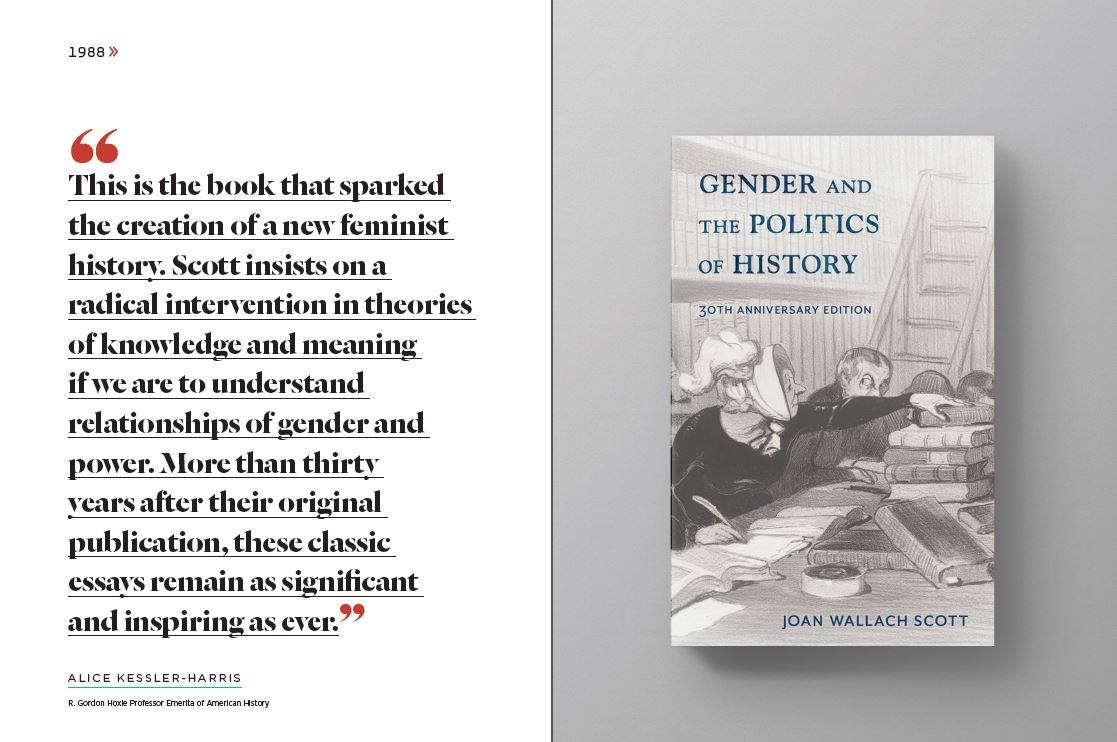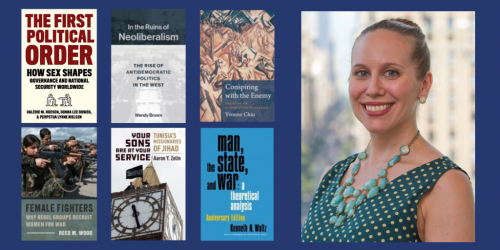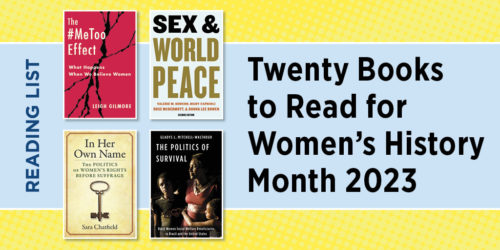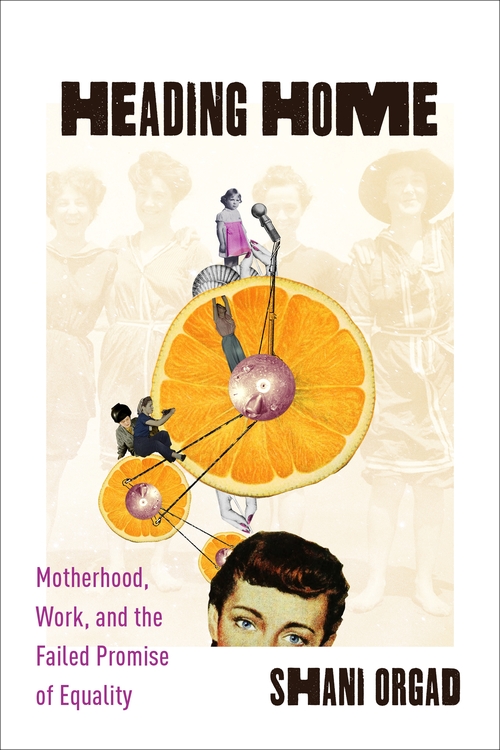Sex and World Peace: How Inequality of the Sexes Affects International Security

 “Efforts to establish greater peace and security throughout the world might be made more effective by also addressing the violence and exploitation that occur in personal relationships between the two halves of humanity, men and women.”
“Efforts to establish greater peace and security throughout the world might be made more effective by also addressing the violence and exploitation that occur in personal relationships between the two halves of humanity, men and women.”
~ authors of Sex and World Peace
In this excerpt from the opening chapter to Sex and World Peace, by Valerie M. Hudson, Bonnie Ballif-Spanvill, Mary Caprioli, and Chad F. Emmett explain the ambition of their book to examine the importance of gender equality in national and international security:
Sex and World Peace offers three major contributions: two of them analytical and one normative. First, we hold that gender inequality, in all of its many manifestations, is a form of violence—no matter how invisible or normalized that violence may be. This gender-based violence not only destroys homes but, we argue, also significantly affects politics and security at both the national and the international levels. This linkage—empirical as well as theoretical—between gender inequality and national and international security is a new approach that has seldom if ever been considered within the discipline of international relations (and other disciplines as well). In a major shift from the conventional understanding, we suggest that efforts to establish greater peace and security throughout the world might be made more effective by also addressing the violence and exploitation that occur in personal relationships between the two halves of humanity, men and women.
A second contribution of this book is to suggest that security studies must include an account of women’s security in order to fully address phenomena at the state and system levels. We hope a consideration of the situation of women will become as central to the discussion of world security as power, democracy, religion, culture, resources, and economic growth currently are. We hope that by the time you finish reading this volume, you will consider it quite odd that something so basic and so essential to peace and security is only now beginning to be recognized as such.
Our final hope is this book will be not simply an academic exercise but also a call to action. Through an examination of possible strategies to effect change in both top-down and bottom-up directions, we hope to provide information about skills and best practices that can be put to use immediately on behalf of women. In particular, our focus is on three major areas of concern: to improve the bodily integrity and physical security of women in their homes and communities, to render family and personal status law equitable between men and women, and to increase women’s participation in the councils of human decision making at all levels.





